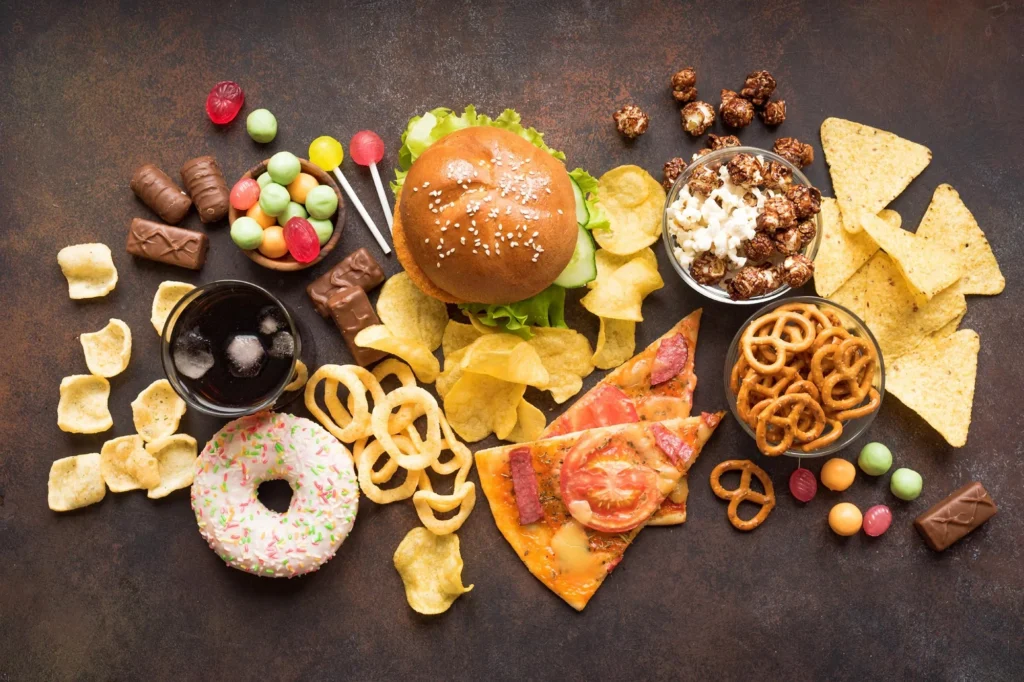In a study published in the Journal of Health Policy and Planning, public health researchers have recommended imposing a health tax of 20% to 30% in addition to GST on sugar, sugar-sweetened beverages (SSBs) such as colas and juices, as well as foods high in sugar, salt, and fat (HFSS).
Key recommendations of the study:
- The recommendation stems from a UNICEF-funded project, aiming to influence policies that reduce the consumption of sugar and related products.
- The study proposes taxing bulk consumers, such as confectionery and sweet manufacturers, rather than households purchasing regular sugar rations.
- The idea is that higher costs for manufacturers may reduce demand when transferred to consumers.
- Applying the metric of ‘Price Elasticity,’ researchers estimate that a 10% increase in sugar prices may result in a 2% reduction in demand.
- For manufacturers, imposing an additional 30% tax to the existing 18% GST could lead to a 13-18% decrease in demand for sugar.
About Health tax:
- Health taxes are excise taxes imposed on products deemed to have a negative public health impact, such as tobacco, alcohol, and sugar-sweetened beverages (SSBs).
- Those are taxes targeting specific products that are proven to be unhealthy or harmful to health and aim to increase their relative price to make them less affordable therefore reducing their consumption and preventing or mitigating these negative health outcomes.
- Imposing health taxes aims to control obesity, tooth decay, type 2 diabetes, cardiovascular diseases, and certain cancers.
Other key facts:
- India is the world’s largest consumer of sugar, with an average Indian consuming 25 kg of sugar per year, surpassing the global average of 22 kg per person per year.
- Up to 70 countries, including Mexico, Chile, Saudi Arabia, Argentina, and South Africa, have already imposed health taxes on sugar, SSBs, and HFSS.
Ref: Source
| UPSC IAS Preparation Resources | |
| Current Affairs Analysis | Topperspedia |
| GS Shots | Simply Explained |
| Daily Flash Cards | Daily Quiz |



